Slab Leaks
Explaining What Plumbing Slab Leaks Are
Slab Leaks are critical issues that homeowners should be aware of. Slab leaks occur when a water pipe beneath the concrete foundation of your home, known as the “slab,” begins to leak. This can lead to various problems, including water damage, mold growth, and structural damage to your property.
The leaking pipe could be a supply line carrying pressurized water or a sewer line responsible for wastewater removal. Detecting a slab leak early is essential, as it can help minimize the damage and reduce the cost of repairs. Some common signs of a slab leak include unexplained increases in your water bill, damp spots on the floor, or a sudden drop in water pressure.
If you suspect a slab leak, it’s crucial to contact a professional plumber like us at Code Blue Plumbing, who can accurately diagnose and repair the issue, ensuring the safety and integrity of your home.
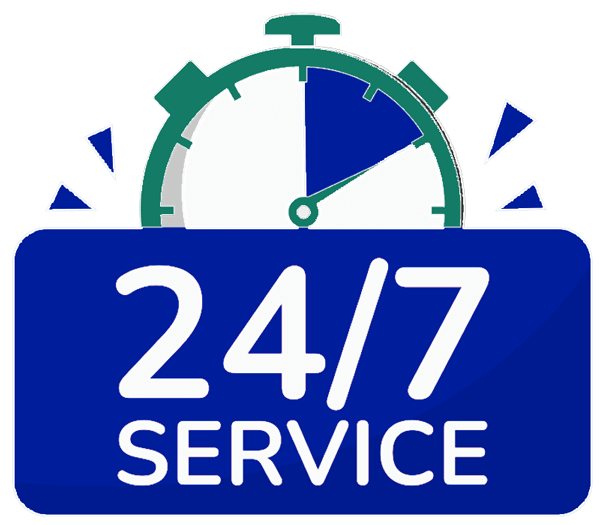
What Causes a Slab Leak?
Corrosion
Over time, metal pipes can corrode, especially if they come into contact with soil or other materials with high acidity levels, leading to leaks in the slab.
Poor Installation
Improperly installed pipes, fittings, or joints can result in increased stress on the plumbing system, potentially causing slab leaks.
Abrasion
The natural movement of pipes due to changes in temperature or pressure can cause them to rub against the slab, leading to wear and potential leaks.
High Water Pressure
Excessively high water pressure can stress the plumbing system, causing weak points in the pipes or connections beneath the slab and eventually leading to leaks.
Ground Movement or Settling
Shifting soil or settling foundations can exert pressure on the pipes beneath the slab, causing them to crack or break.
Tree Root Intrusion
Tree roots can grow towards underground pipes in search of water, eventually penetrating and damaging the pipes, resulting in slab leaks.
Construction Defects
Flaws in the design or construction of the plumbing system can result in weak points or vulnerabilities that may lead to slab leaks over time.
Aging Pipes
Older plumbing systems may be more prone to slab leaks as the materials degrade and become more susceptible to damage from external factors.


*Free Estimates During Regular Business Hours.
How Plumbers Address Slab Leaks
When addressing a slab leak, a professional plumber will typically adhere to a systematic process to guarantee a comprehensive and effective solution. This process may involve the following stages:
Identifying the Leak
Initially, the plumber will use specialized tools, such as acoustic sensors, ground microphones, or electronic leak detectors, to accurately locate the slab leak. This helps to precisely determine the leak’s location while avoiding unnecessary damage to the property.
Evaluating the Situation
After identifying the leak, the plumber will assess the extent of the leak, the state of the affected pipe, and the surrounding environment. This information helps to decide the most suitable repair approach.
Selecting the Repair Method
Based on the specific circumstances, the plumber may suggest one of the following repair techniques:
- Targeted Repair: This involves removing the concrete slab to expose the damaged pipe section, and then it’s repaired or replaced. It is most appropriate for isolated leaks & accessible locations.
- Pipe Redirection: In situations where the damaged pipe is difficult to access or if there are multiple leaks, a plumber may propose redirecting the pipe. This entails installing a new pipe that circumvents the damaged section, leaving the original pipe in place but inactive.
- Pipe Lining: For certain leaks, pipe lining might be recommended. This technique involves inserting a new pipe liner into the existing pipe to seal the leak and strengthen the pipe’s structural integrity.
Leak Repair
The plumber will execute the chosen repair method, ensuring that the leak is adequately addressed and the plumbing system returns to peak functionality.
Restoration
Once the repair is complete, the plumber will restore the affected area, which may include filling the hole with fresh concrete and finishing the surface to match the existing slab.
Testing & Inspection
Finally, the plumber will test the repaired plumbing system to verify that the leak has been fully resolved and that there are no additional issues. They will also inspect the surrounding area for any signs of water damage or structural concerns.
By adhering to these steps, a professional plumber can effectively repair a slab leak and minimize any potential damage to your property.
What Clients Are Saying
Our Services
We are a Full service Plumbing Company, If you don't see what you need, call us
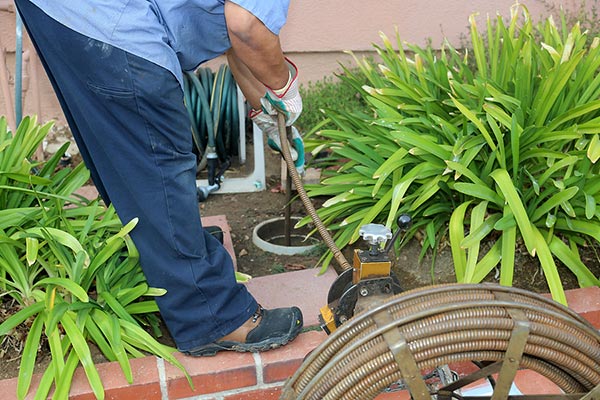
Drain Cleaning
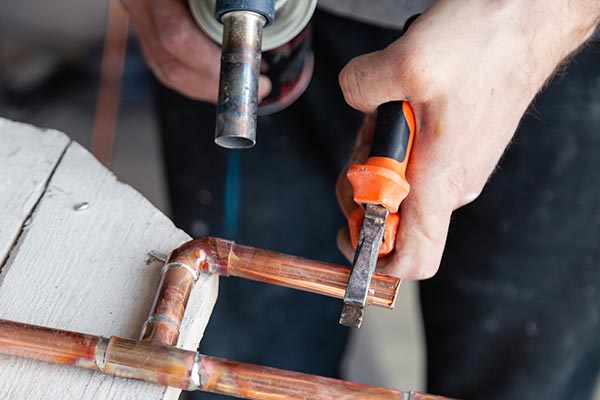
Broken Pipe Replacement
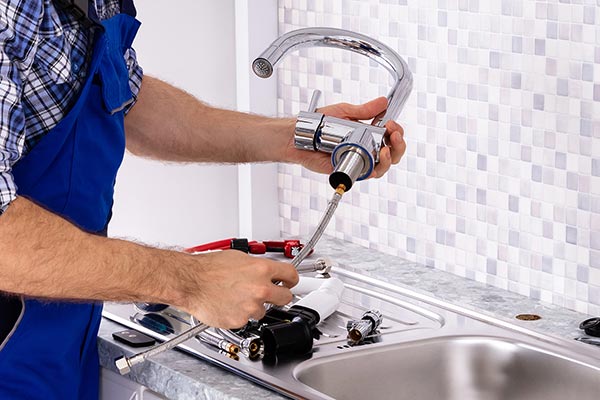
Sewer Line Inspection & Repair

Leak Detection
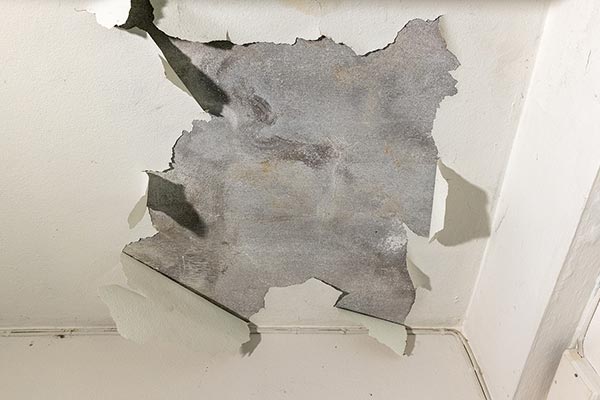
Slab Leak

Gas Leak Repair
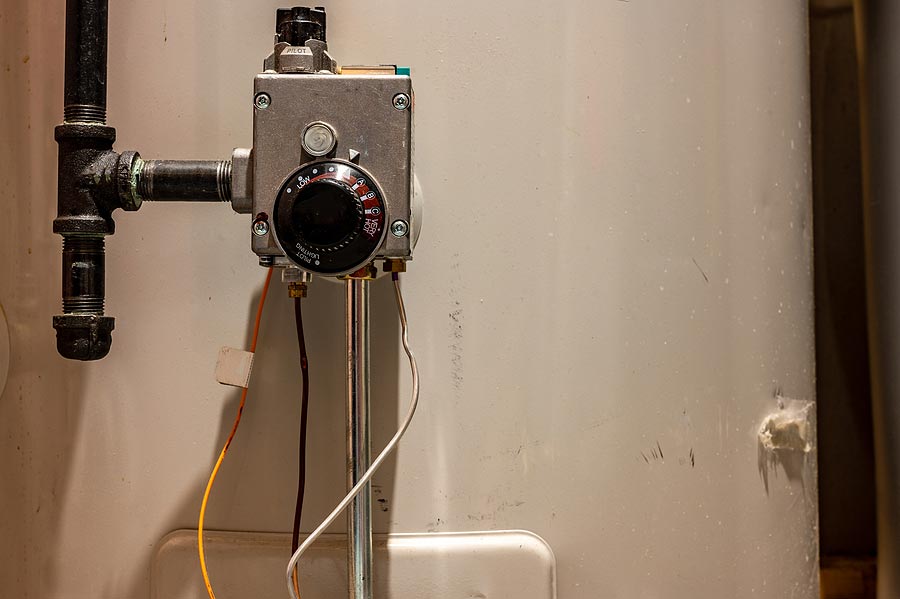
Water Heaters

Tankless Water Heater Installation

Hydrojetting

